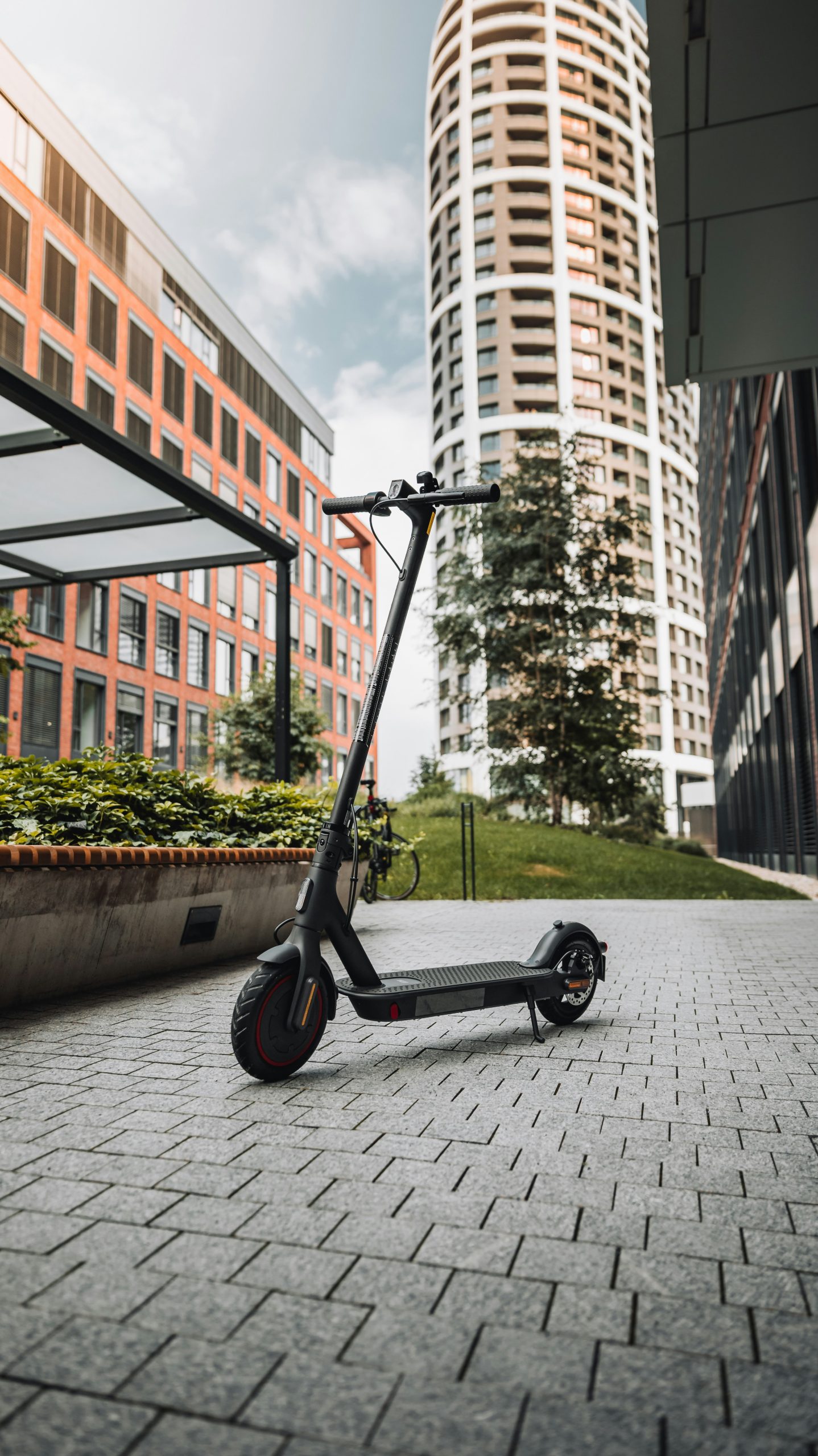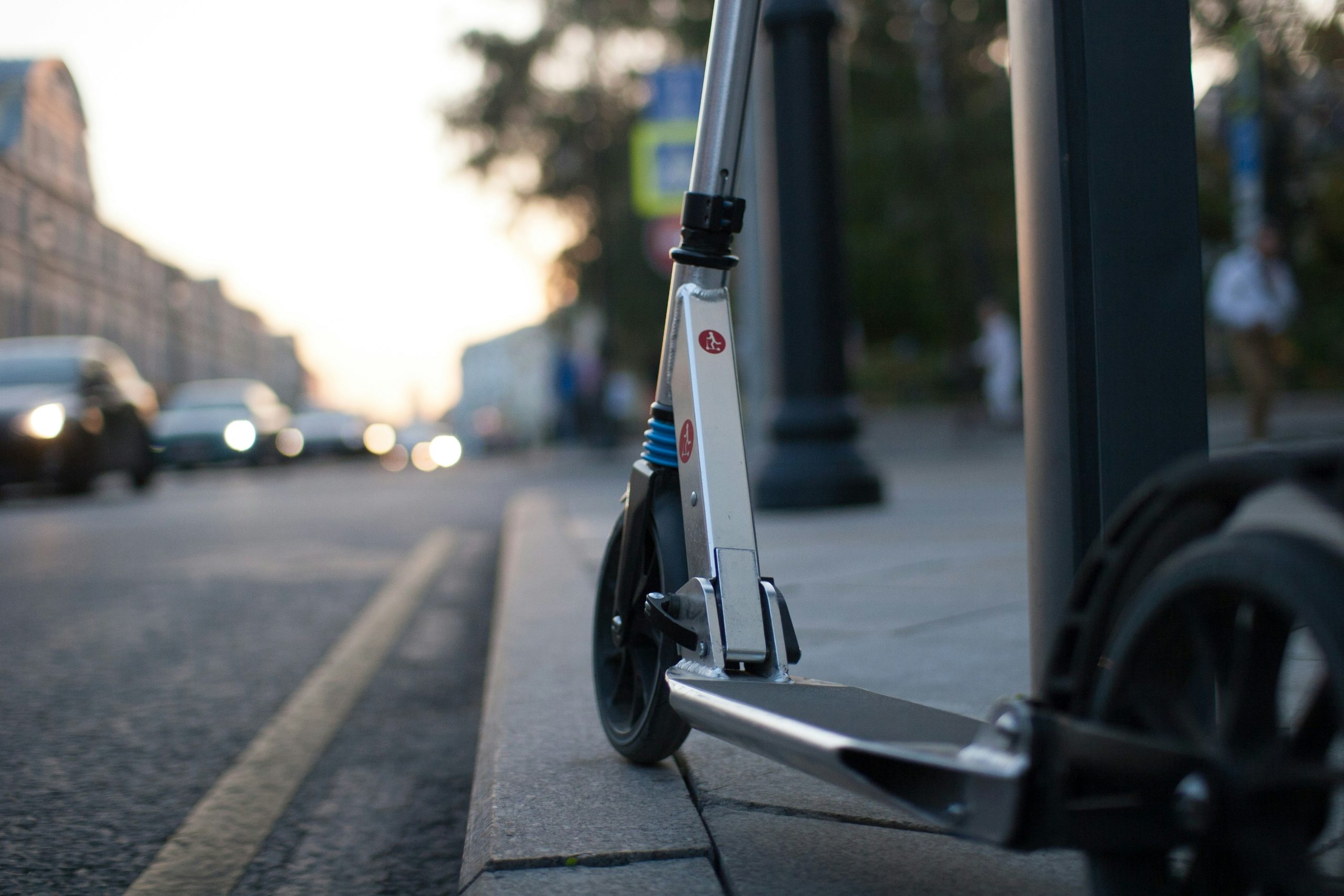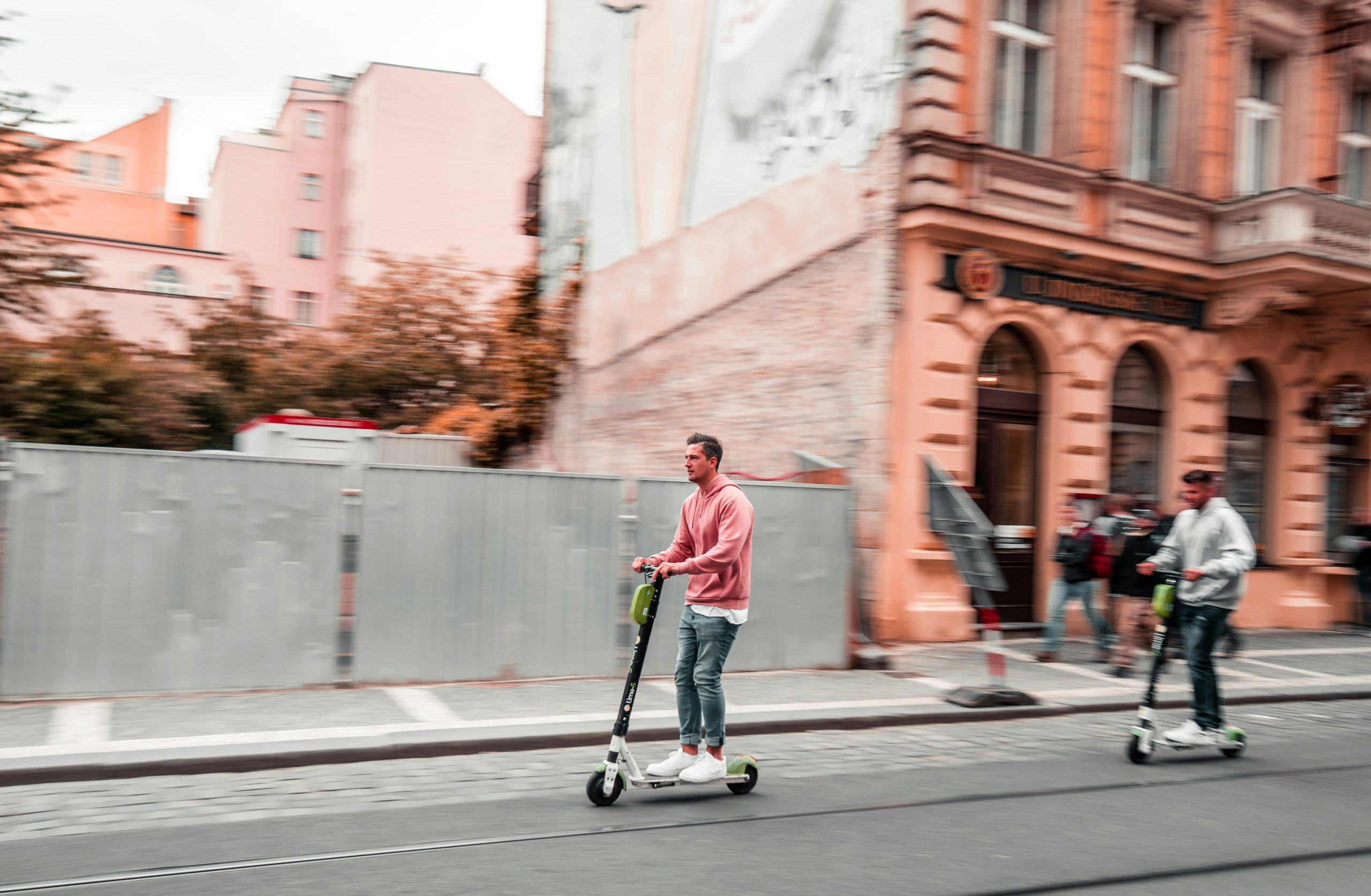Let’s explore how electric scooters measure up against their traditional counterparts! In our article, “How Do Electric Scooters Compare To Traditional Scooters?”, we delve into the pros and cons of both types of scooters. We’ll examine factors like cost, convenience, environmental impact, and the overall riding experience. Whether we’re loyal to the classic kick scooter or excited by the buzz of modern technology, this guide will help us understand which option suits our lifestyle best. Have you ever wondered how electric scooters compare to traditional scooters? With the rise of electric scooters, it’s natural for us to ponder whether they stand up to the age-old, human-powered traditional scooters we grew up knowing and loving. In this article, we’ll dive into the key differences, benefits, and drawbacks of both types of scooters to help us understand which one might be better suited for our needs.
The Basics: What Are Electric and Traditional Scooters?
Before we delve into the comparisons, let’s quickly define what we mean by electric and traditional scooters.
Electric Scooters
Electric scooters are modern vehicles powered by an electric motor and battery. They’re often seen zipping through city streets and have become popular for their ease of use and eco-friendliness. We simply need to charge them and we’re good to go.
Traditional Scooters
On the other hand, traditional scooters are the kick scooters that have been around for decades. They require our physical effort to push off the ground to move. These are simpler devices, which are typically lighter and easy to handle.
Mobility and Convenience
When it comes to getting around, both types of scooters have their pros and cons.
Portability
Electric Scooters:
Electric scooters, due to their batteries and motors, tend to be heavier. This can make them a bit inconvenient to carry around when not in use.
Traditional Scooters:
Traditional scooters are generally lighter and more compact. They’re easy to carry around, which can be a significant advantage if we need to switch between walking, using public transportation, and scooting.
Charging and Fuel
Electric Scooters:
Electric scooters require charging. Depending on the model, this can take anywhere from a few hours to overnight. It’s something we need to plan for, especially if we’re using the scooter for our daily commute.
Traditional Scooters:
These scooters don’t require any fuel or electricity. Our own muscle power is all we need, making them independent of charging facilities and more reliable if we’re out and about the whole day.
Speed and Range
Electric Scooters:
Electric scooters have the upper hand in terms of speed and range. They can travel at higher speeds (typically between 15-30 mph) and can cover longer distances on a single charge, varying from 10 to 40 miles depending on the model.
Traditional Scooters:
Traditional scooters depend on our physical prowess. The speed and range are limited by our stamina. For short trips and quick commutes, they’re excellent, but for longer distances, they might not be as practical.

Cost and Maintenance
The financial aspects of owning a scooter are also an essential factor to consider.
Initial Purchase Cost
Electric Scooters:
Electric scooters typically come with a higher upfront cost. Depending on the brand and features, prices can range from $200 to over $1,000.
Traditional Scooters:
Traditional scooters are generally more affordable, with prices typically ranging from $50 to $300. They’re a more budget-friendly option for short term or sporadic use.
Maintenance
Electric Scooters:
Electric scooters require more maintenance. The batteries need regular charging, and components like the motor and electronic systems may need repairs or replacements over time.
Traditional Scooters:
Traditional scooters are easier and cheaper to maintain. Apart from regular checks on the wheels and bearings, they don’t have motorized parts that could fail or require complex repairs.
Environmental Impact
In today’s world, being eco-friendly is an important facet to consider.
Electric Scooters
Electric scooters are generally more environmentally friendly than cars and other motorized forms of transportation. They produce zero emissions when running, which is a significant advantage for urban areas looking to reduce air pollution.
Traditional Scooters
Traditional scooters are arguably the most eco-friendly option of all. Since they rely on physical power, they don’t produce any emissions at all, making them the greenest choice if sustainability is a priority for us.

Safety and Regulations
Safety and local regulations are vital considerations when choosing between electric and traditional scooters.
Safety Concerns
Electric Scooters:
Electric scooters can be quite safe, but their higher speeds mean that accidents can happen if we’re not careful. Wearing a helmet and following traffic laws is essential for safety.
Traditional Scooters:
Traditional scooters, while generally safer due to their lower speeds, still require us to be cautious, especially when riding in traffic or on uneven surfaces.
Local Regulations
Electric Scooters:
Many cities have specific regulations regarding where we can ride electric scooters. These can include restrictions on riding on sidewalks, speed limits, and designated parking areas. We should always check local laws before using an electric scooter.
Traditional Scooters:
Regulations for traditional scooters are usually less stringent, though rules can vary by location. We should still adhere to traffic laws and wear safety gear for our protection.
Exercise and Health Benefits
Electric Scooters
While electric scooters offer convenience, they don’t provide much in terms of physical exercise. They’re great for getting us from point A to B, but we won’t burn many calories or work our muscles much.
Traditional Scooters
Traditional scooters, on the other hand, provide a good way to get some exercise. Pushing off with our foot to propel ourselves forward works the leg muscles and can contribute to cardiovascular health.

Use Cases
To better understand which type of scooter may suit us, let’s look at some scenarios.
Commuting
Electric Scooters:
Ideal for urban workers who need to cover several miles quickly and without breaking a sweat. They’re especially useful in cities with robust infrastructure for electric scooters.
Traditional Scooters:
Better suited for shorter distances. They are practical for those who have a short commute or need an easy way to move around campus or within a neighborhood.
Leisure and Recreation
Electric Scooters:
Great for fun rides around the city or exploring new areas without tiring ourselves out. They can be a source of exhilaration and joy.
Traditional Scooters:
Perfect for a bit of exercise while enjoying a leisurely ride in the park. They can be a fun way to stay active and enjoy the outdoors.
Cost Effectiveness
| Aspect | Electric Scooters | Traditional Scooters |
|---|---|---|
| Initial Cost | High ($200 – $1,000+) | Low ($50 – $300) |
| Maintenance | Moderate to High (Battery, motor, etc.) | Low (Wheels, bearings) |
| Operation | Requires electric charging | Powered by physical effort |
Conclusion: Which One is Better for Us?
Ultimately, the choice between an electric scooter and a traditional scooter comes down to our personal needs and circumstances.
If Convenience and Speed are Priorities:
- An electric scooter might be our best bet. It allows for faster travel with minimal effort, which can be a significant advantage for daily commutes and urban travel.
If Affordability and Exercise are Key:
- A traditional scooter could be more suitable. It’s cost-effective and provides a good workout, making it an excellent option for shorter distances and recreational use.
Both options have their merits, and there’s no one-size-fits-all answer. Whether we prioritize speed, cost, environmental impact, or health benefits, understanding the unique advantages of each type of scooter helps us make an informed decision that best aligns with our lifestyle.
So, what do you think? Are you ready to hop on the electric scooter bandwagon, or do you prefer the classic charm of a traditional scooter? Whatever we choose, there’s no doubt we’re in for a fun ride!
How do electric scooters compare to traditional scooters? We’ve unraveled the differences, benefits, and potential drawbacks to help guide us in making a well-informed choice. Now it’s time to take that insight and enjoy the ride!